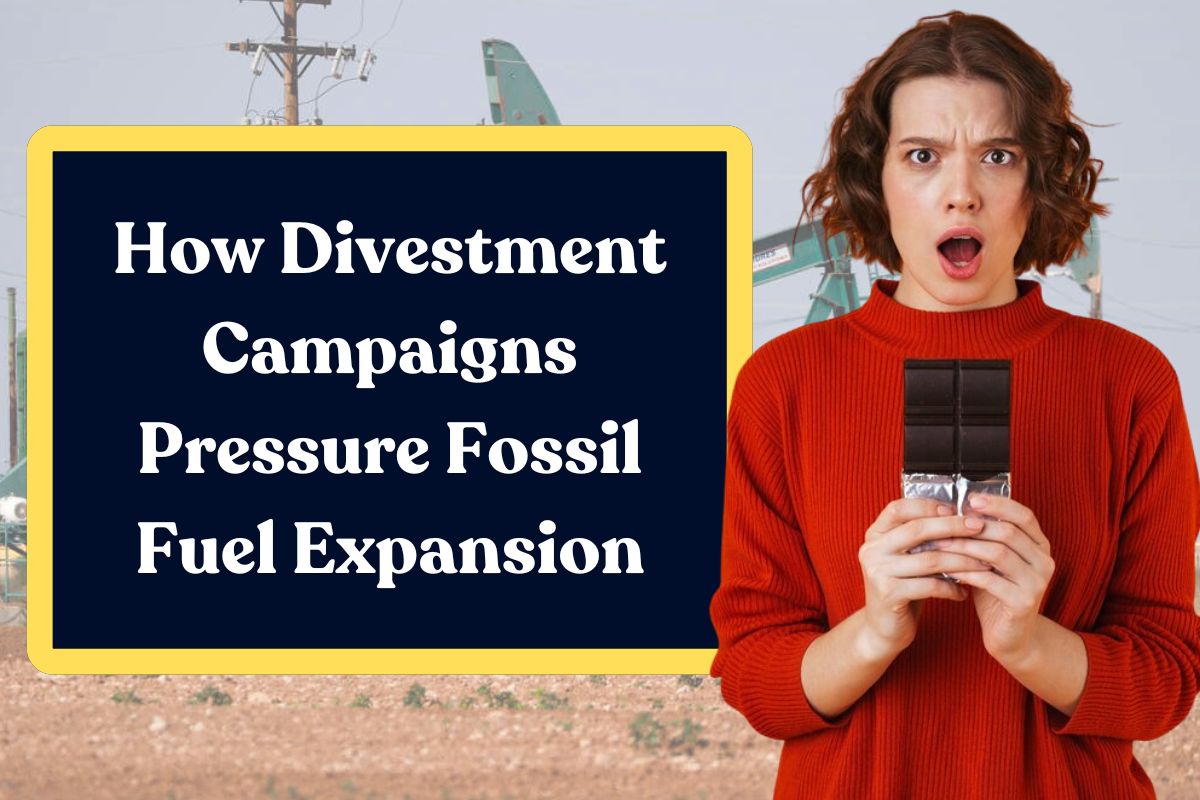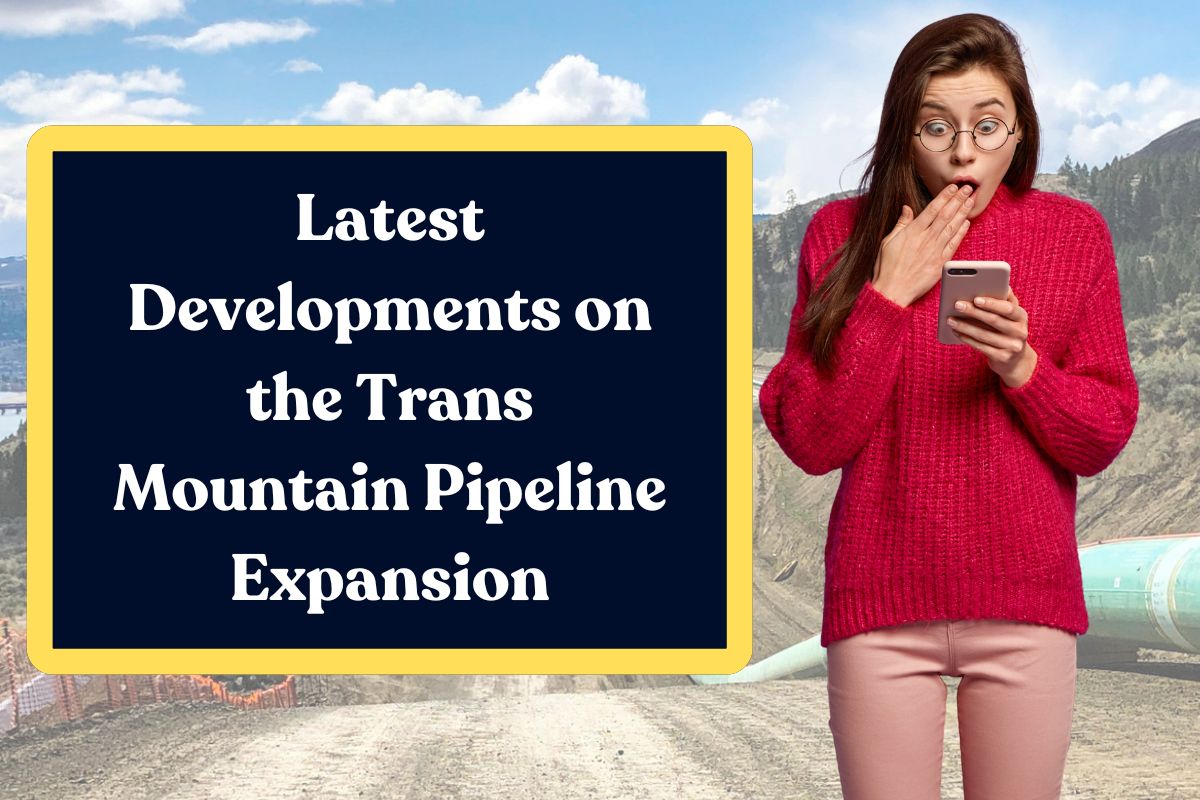Divestment of Fossil Fuel is the divestment or investment of fossil fuel in climate solutions. It is considered as an make an effort to reduce climate change by exerting political, social, and economic pressure for the divestment of institutional benefits, which include bonds, stocks, and other financial instruments that are linked to the companies involved in fossil fuel extraction.

The divestment campaigns of fossil fuel companies are taking place on colleges and university campuses in the United States, with the urging of administrations to divest the endowment investments in the industry of fossil fuel.
How Divestment Campaigns Pressure Fossil Fuel Expansion?
Fossil fuel expansion is pressured by the divestment campaigns by reducing the social legitimacy of the industry and the financial viability which ultimately aims at accelerating the transition to a low-carbon economy.

Investors are pressured to sell off their fossil fuel holdings, and the aim of these campaigns is to reduce the industry’s access to capital, lower the value of the market for fossil fuel companies, and increase the cost of borrowing.
Moreover, the aim of these divestment campaigns is to shift the perception of the public and policy by highlighting the risks of climate change, associating it with fossil fuels, and advocating for a transition to renewable energy.

Factors responsible for the divestment campaigns, Pressuring Fossil Fuels Expansion
There are several factors that tare responsible for the divestment campaigns pressurizing fossil fuel expansion:
Financial Pressure

Reduced Access to Capital: The aim of the divestment campaigns is to reduce the flow of investments into the companies of fossil fuels, making it difficult for them to secure their funds for new upcoming projects like gas and oil extraction.
Reduced Access to Capital indicates the difficulty businesses, individuals, or several other entities that are face by individuals while obtaining necessary financial resources like grants, investments, and loans.

Increased Cost of Capital: There might be an increase in the perceived risk of investing in fossil fuels, which leads to higher interest rates on bonds and loans. As a result, it becomes more costly for companies to operate. An increased cost of capital means that borrowing money and raising capital becomes more expensive for companies.
Lower Market Value: The share prices of fossil fuel companies can be negatively impacted by the divestment. As the holdings are sold by the investors, this potentially leads to a decrease in the overall value of the market.
Social Pressure
Stigmatization of Fossil Fuels: The aim of the divestment campaign is to invalidate the fossil fuel industry by indicating its role in climate change and its negative impact on the environment and the communities.
Stigmatization of fossil fuels means an increase in the negative perception and disapproval of the fossil fuels industry and its products socially due to its environmental and social impact, especially concerning climate change and pollution.
Mobilizing People’s Opinion: By spreading awareness related to the dangers of fossil fuels and the benefits of clean and renewable energy, public support can be mobilized by divestment campaigns for the policies that restrict the expansion of fossil fuels and promote renewable energy.
Shifting Social Norms: Divestment campaigns that are successful are able to contribute to a broader shift in the social norm, which in turn makes it less socially acceptable to invest in the profit from fossil fuels.
Policy Influence
Influencing Policy Decisions: Divestment campaigns can play a vital role in shaping the energy policy by pressurizing the government to enact those policies that restrict the development of fossil fuels and support renewable energy.
Encouraging Sustainable Investments: Governments and institutions can be encouraged by divestment campaigns to invest in projects related to renewable energy and to further accelerate the transition to an economy with a low-carbon economy.
Practical Examples of Divestment Campings:
Go Fossil Free: Through these campaigns, institutions get encouragement to further divest from fossil fuels and to reinvest in sustainable alternatives. Fossil-free means not using oil, propane, gas, or other fossil fuels. The requirement for fossil fuel requires both residential and non-residential building projects.
Insure Our Future: To stop the projects insuring fossil fuels, these campaigns focus on pressuring the insurance companies. Insure Our Future is a worldwide campaign of social movements and NGOs that are holding the insurance industry responsible for its role in the climate crisis.
Divestment Campaigns led by Students: Colleges and universities have been a center point for divestment, in which the students advocate for their institutions to divest from fossil fuels. These campaigns are organized efforts, initially by students and to pressure institutions like universities to withdraw their investments from specific industries or companies, often due to environmental concerns.
Motivation for Divestment
Reducing carbon emissions
The aim of the fossil fuel divestment is to reduce carbon emissions by expanding the adoption of renewable energy transition via stigmatizing fossil fuel companies. In this, putting public pressure on the companies that are currently involved in the extraction of fossil fuel to invest in renewable energy is included.
The Climate Change Intergovernmental Panel found that all the release of carbon dioxide in the future must be less than 1,000 gigatonnes, which provides an opportunity to avoid harmful climate change by 66%. In this figure, all sources of carbon dioxide are included.
Only 30% of the known fossil fuels that are extractable from known reserves can be taken in used, to avoid dangerous climate changes. This budget of carbon can also be depleted with an increase in other emissions from carbon sources, such as cement production and deforestation.
Final Thoughts
Pressure is exerted on the fossil fuel industry by the divestment campaigns by reducing its access to capital, increasing its reputational risks, and finally accelerating a low-carbon economy transition.






